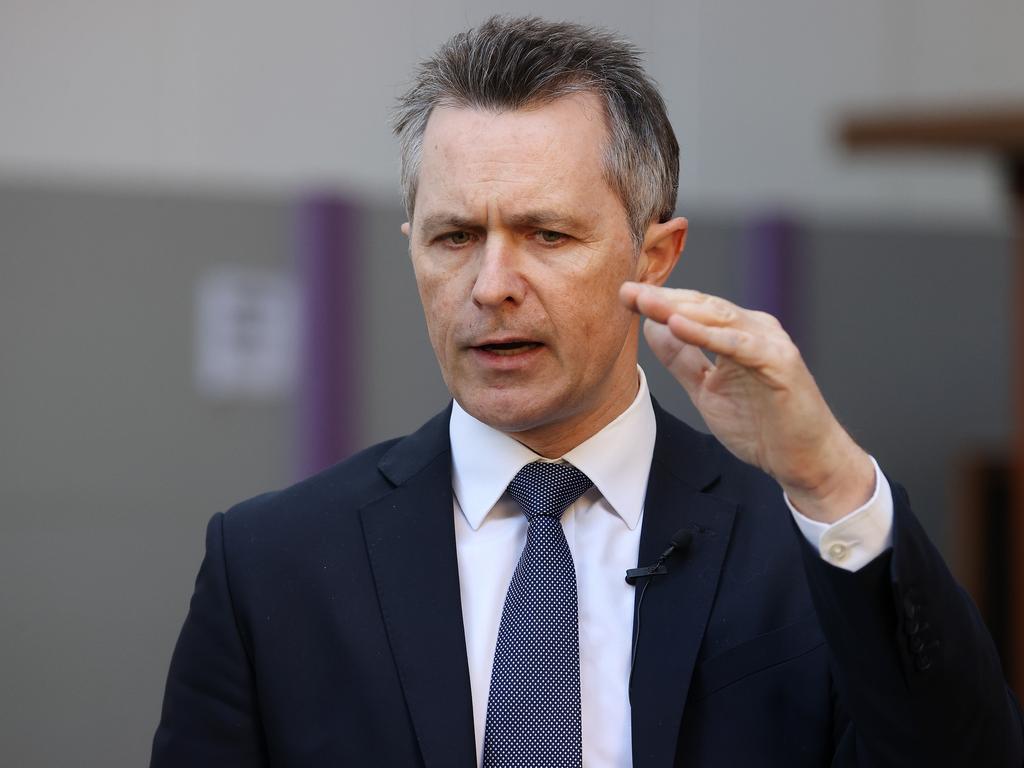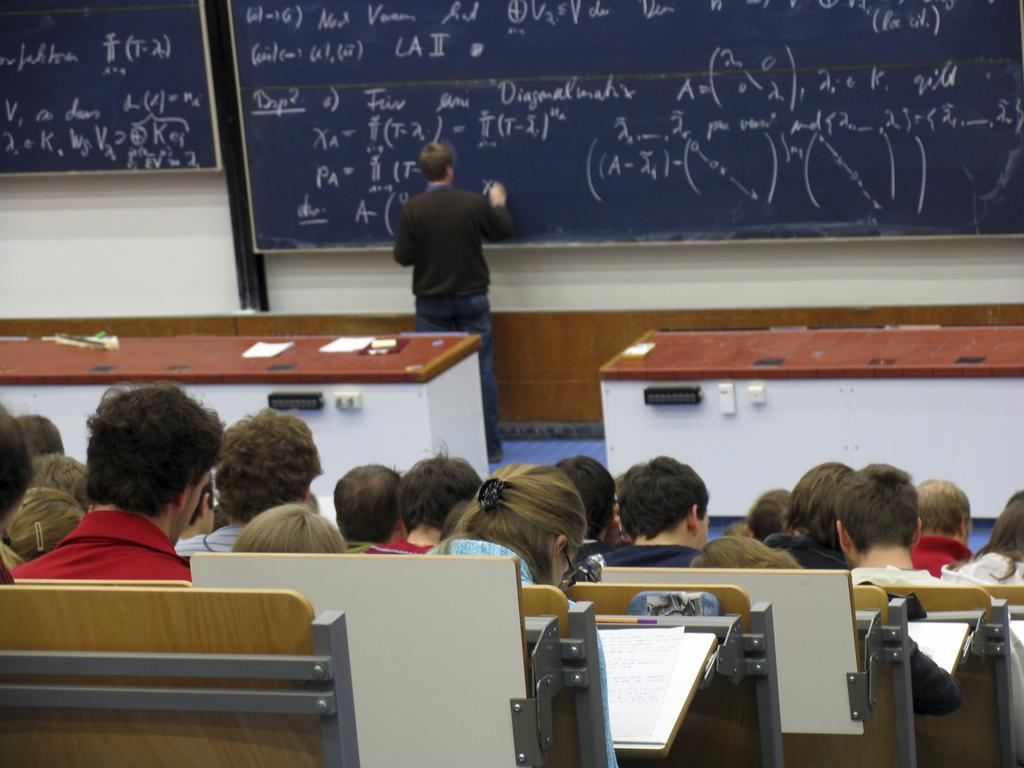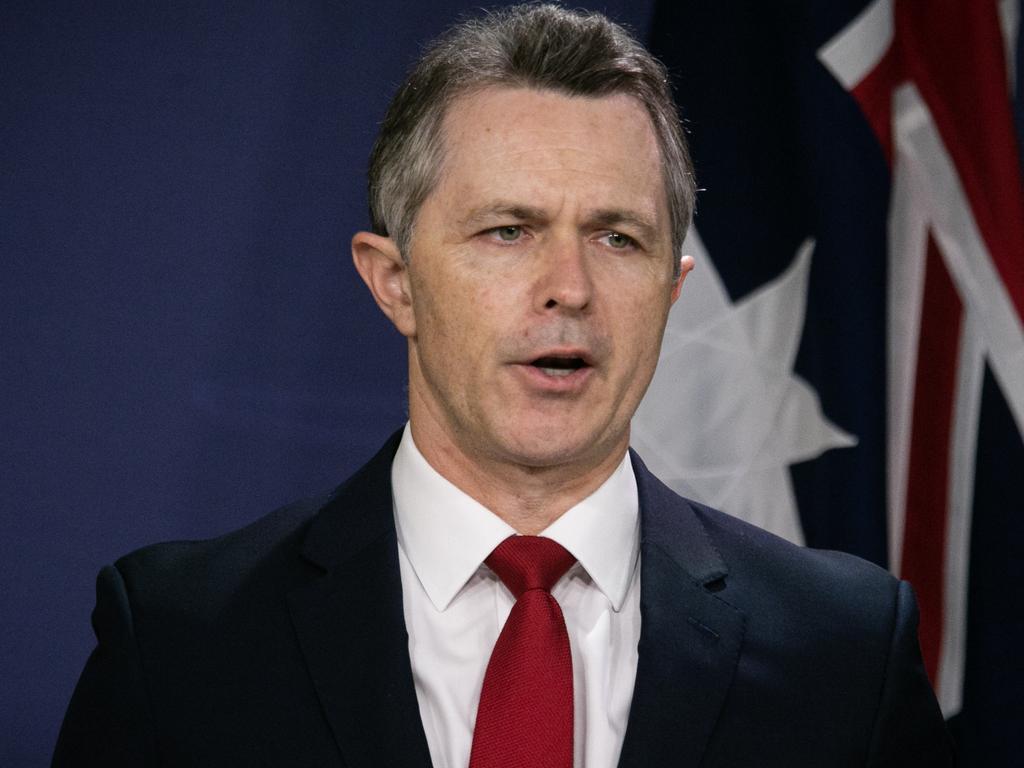
It is a welcome development. Australia’s university sector is important to the national economy, education is one of our biggest export markets and it’s central to national productivity.
There is plenty to unpack in the 150-page interim report and there is plenty more to come. The minister’s main goals are to graduate more Australians and ensure that skills taught at university make students job ready, and he wants to avoid exacerbating the cultural and economic divide that exists when it comes to obtaining a higher degree.
Reforming the system is a noble pursuit. Clare’s aims are altruistic as well as pragmatic. The fact little has been said in terms of funding is a problem that eventually will need to be addressed, but the absence of the discussion now shouldn’t be seen as a failure. It will come, and may dictate the pace of the changes forthwith. Were funding to dominate the debate right now it could collapse the reform agenda entirely before the ideas get properly evaluated.
Labor knows that better educational outcomes do all manner of good, for the national economy and social cohesion. It also fits neatly within the party’s ethos, which is why if the Albanese government does become a long-term one, education reform could be one of its central achievements – if it sees this reform process through.
But we do need to ask hard questions. How well qualified are prospective university students for the studies they are about to embark on? Sadly, the answer too often is that many simply are not. Not in terms of basic literacy and numeracy, just for starters.

This points to the need to prioritise improving standards within the primary and secondary schooling sectors, but that doesn’t have to come before embarking on higher-education reforms.
The Australian Universities Accord interim report points out that the expected uplift in university students needed to fill the jobs of the future will largely happen in the 2030s and 40s, not this decade.
That leaves a small window to fix primary and secondary education in time to get prospective university students to where they need to be. It also allows time for university reforms to be carefully crafted and implemented.
The most alarming revelation attached to this week’s release of the interim report was Clare’s observation at the press club that during the past six years there had been a decline in the percentage of high school students completing year 12. How that escaped greater attention during the life cycle of the last Coalition government is perplexing.
The public school system, outside of selective schools, is underfunded and underperforms compared with the private sector. This affects the disadvantaged students the minister wants to increasingly usher into the university system. He’ll be setting them up to fail or lowering tertiary standards if they get that opportunity without the groundwork of first lifting standards at school. So we need to watch closely what happens there.
Once at university, what’s the purpose of obtaining a higher education? Like it or not, learning for the sake of intellectual advancement ceased to be a national priority long ago. The state simply sees universities as an extension of the school education system and a prerequisite to getting a job. Or, put differently, as degree factories with the purpose of giving the workforce the skilled applicants it needs and wants.
I don’t want to be too negative in making this point. It’s a global reality that is a consequence of the sector having been opened up; had it not happened most of us never would have received the benefit of access to higher education in the first place. And there are still areas of study offering classical learning.
Indeed as we survey recent ethical breaches across the business sector it’s not a stretch to see vocational benefits of learning philosophical principles at university, perhaps even the need to embed such units into courses not automatically linked with such study.
The interim report is light on when it comes to the important role of universities as institutions of higher research. We are told there is more to come on this front. It is the research that goes on in these so-called ivory towers that accounts for not only all manner of innovative advancement to benefit the modern world but also dictates the global university rankings of our institutions.
Good teaching scores, via student feedback results, are far less relevant to these rankings, in what is perhaps a shocking realisation for some. The centrality of research to rankings matters because without high positioning in the global rankings it is harder for universities to attract foreign students. Everyone knows the full-fee-paying enrolments of these students have helped cover ever-dwindling government funding for university research. Ignoring reform in the research space when seeking to fix the higher education sector is a problem.
So let’s hope the promise that this will be addressed down the track is a weighty commitment. Not just because research matters for its own sake but because it is causally linked to the way our institutions have remained financially viable: the ongoing arrival of large swaths of foreign students.
Which brings us to plans to tax foreign students as a way to financially deliver some of the suggested reforms. It’s important not to slaughter the goose that lays the golden eggs for access to cheap chewy meat. This proposal isn’t necessarily foolhardy, but making sure that the law of unintended consequences doesn’t strike at the worst possible time will be paramount.
One final observation: it is nice to see a minister and a government going about a reform process like this in a way that neatly subscribes to proper processes of public policy development: consultation, working groups and industry collaboration. An interim report open to amendments. A minister answering questions and taking those he’s not certain of the answers to on notice. Not ruling out options such as means testing because of political risks. It is a far cry from the haphazard approaches we’ve seen before.
Let’s hope it gets rewarded in the way this report and what comes next get publicly debated in the weeks, months and years ahead.
Peter van Onselen is a professor of politics and public policy at the University of Western Australia and Griffith University.







The higher education reform agenda was pushed front and centre this week when federal Education Minister Jason Clare addressed the National Press Club.